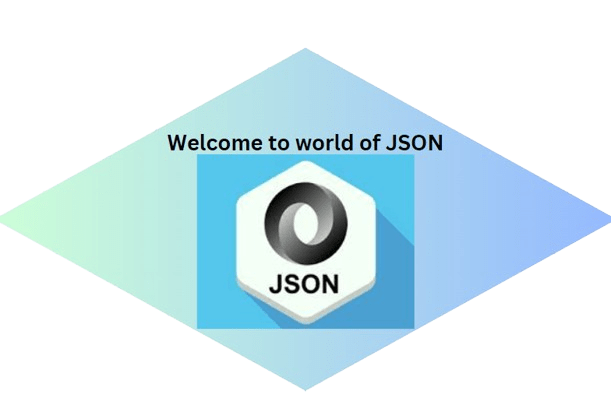JSON (JavaScript Object Notation) has become a cornerstone of modern web development and data interchange. As a lightweight data format, it’s easy to read and write for humans, and easy for machines to parse and generate. This guide delves into the world of JSON, covering its structure, use cases, advantages, and how it compares to other data formats.
What is JSON?
JSON is a text-based format that represents structured data. Originally derived from JavaScript, it has become language-independent, widely supported across various programming languages.
Basic Structure
A JSON object is made up of key-value pairs, and arrays can also be part of the structure. Here’s a basic overview:
Objects: Enclosed in curly braces {}, objects contain key-value pairs.
json
Copy code
{
"name": "Alice",
"age": 30,
"isStudent": false
}
Arrays: Enclosed in square brackets [], arrays can hold multiple values or objects.
json
Copy code
{
"students": [
{"name": "Alice", "age": 30},
{"name": "Bob", "age": 25}
]
}
Data Types
JSON supports several data types:
- String: Text wrapped in double quotes (e.g.,
"Hello, World!") - Number: Numeric values (e.g.,
42,3.14) - Boolean:
trueorfalse - Null: Represents an empty value (e.g.,
null) - Object: A collection of key-value pairs
- Array: An ordered list of values
Advantages of JSON
Lightweight
JSON is less verbose compared to XML, making it a more efficient format for data exchange.
Human-Readable
The format is easy to read and understand, which aids in debugging and development.
Language Independence
While it originated in JavaScript, JSON is supported by many programming languages, including Python, Ruby, Java, and PHP.
Easy to Parse
Most programming languages provide libraries to parse JSON, simplifying the process of data manipulation.
Compatibility with APIs
JSON is commonly used in RESTful APIs, making it a standard for web services.
Use Cases of JSON
Web Development
JSON is extensively used for client-server communication in web applications, allowing for dynamic content loading without refreshing the page.
Configuration Files
Many applications and frameworks use JSON for configuration files due to its simplicity and readability (e.g., package.json in Node.js).
Data Storage
JSON can be used for lightweight data storage, particularly in NoSQL databases like MongoDB.
Mobile Applications
Mobile apps often utilize JSON for data exchange with backend services due to its efficiency.
JSON vs. Other Formats
JSON vs. XML
- Syntax: JSON uses a simpler, less verbose syntax compared to XML.
- Data Types: JSON supports a broader range of data types (e.g., numbers and booleans) natively, while XML treats everything as text.
- Readability: JSON is generally easier for humans to read and write.
JSON vs. CSV
- Structure: JSON supports hierarchical data structures (objects and arrays), while CSV is limited to flat data tables.
- Complexity: JSON can represent complex relationships, while CSV is best suited for simple datasets.
Working with JSON
Parsing JSON
Most programming languages offer built-in functions or libraries to parse JSON strings into usable data structures.
Example in JavaScript
javascript
Copy code
const jsonString = '{"name": "Alice", "age": 30}';
const jsonObj = JSON.parse(jsonString);
console.log(jsonObj.name); // Output: Alice
Generating JSON
Creating JSON strings from data structures is straightforward.
Example in Python
python
Copy code
import json
data = {
"name": "Alice",
"age": 30,
"isStudent": False
}
jsonString = json.dumps(data)
print(jsonString) # Output: {"name": "Alice", "age": 30, "isStudent": false}
Conclusion
JSON has transformed the way data is structured and exchanged across platforms. Its lightweight, readable format makes it a favorite among developers and businesses alike. Whether you’re building web applications, mobile apps, or configuring services, understanding JSON is essential in today’s digital landscape. With its wide acceptance and versatility, JSON is set to remain a key player in data interchange for years to come.
For more information Visit These Links
[link]
And If You have cerain questions you can ask here [Link]
